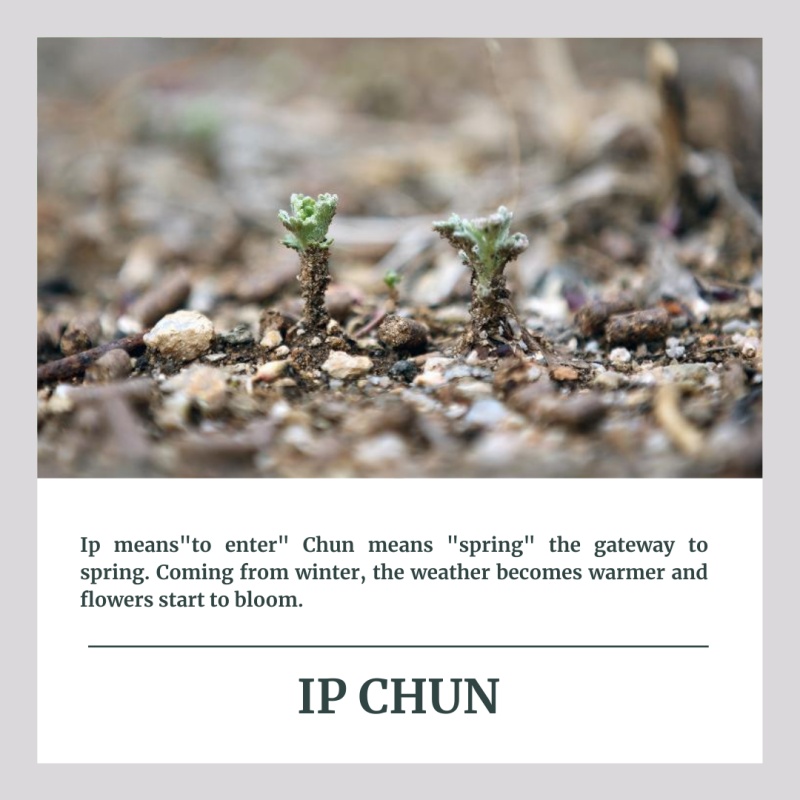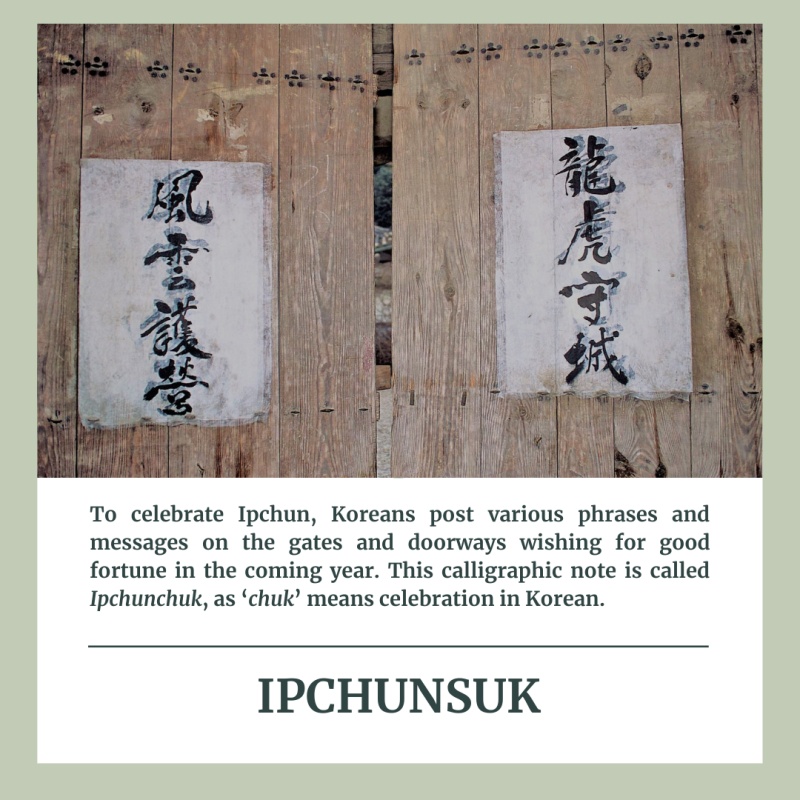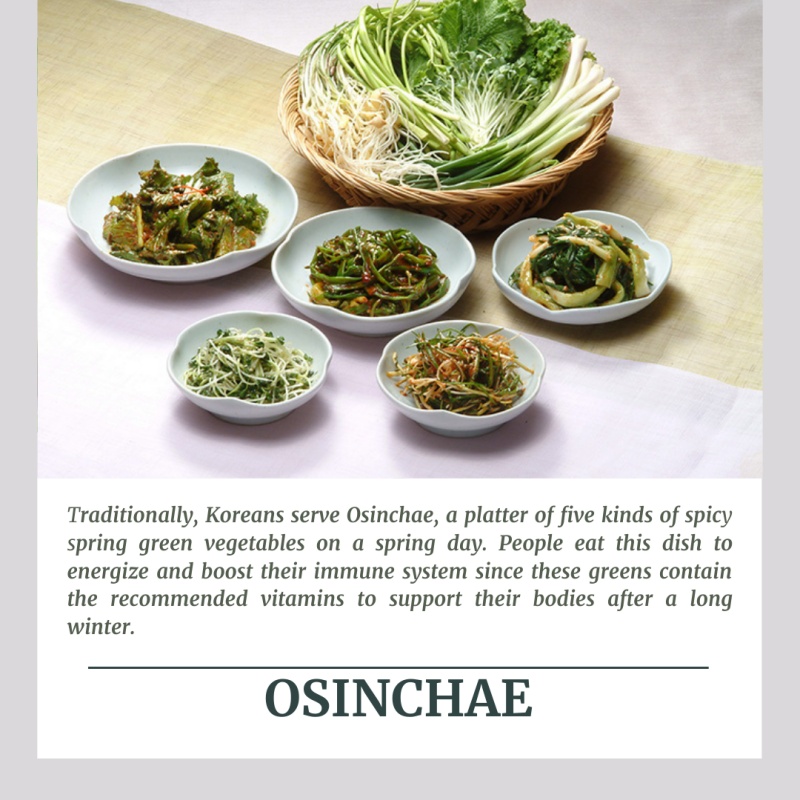- 한국어
- English
- 日本語
- 中文
- العربية
- Español
- Français
- Deutsch
- Pусский
- Tiếng Việt
- Indonesian
By Honorary Reporter Gina Borinaga from Philippines
Photo = Gina Borinaga
Spring has arrived in Korea, and because of the season's unique culture and traditions, the country has many rituals and superstitions dating as far back as the Joseon Dynasty (1392-1910).

Ipchun
Meaning the "beginning of" or "entry to spring," Ipchun is the first of the 24 solar terms under the Korean lunar calendar, falling on Feb. 4 on the Gregorian calendar. In the past, most rituals for this occasion were related to farming and agricultural benefits since a good harvest was heavily reliant on the weather.

Welcoming message for spring
The traditional Korean way to celebrate spring's arrival is writing poems and verses to express wishes for the season. Ipchunsuk (welcoming message for spring) is traditionally posted on doors and gates or inside homes. The belief is that bad luck from previous years is thrown away to make room for a better year to come. Traditional phrases such as "The new spring shall bring great luck, vigor and good fortune" are mostly hanged on doorways or inside homes. In modern times, the custom of hanging and posting messages has grown more simplified.

Osinchae
The five colors of the vegetables in this dish each correspond to a Confucian value: blue for benevolence, red for propriety, yellow for loyalty, white for justice and black for wisdom. Each virtue and color are connected to the liver, heart, spleen, lungs, and kidneys. So the belief was that someone could achieve these five virtues whenever he or she ate these foods, thus promoting harmony and balance in the body's main organs. The five spring greens were served at the royal court and ordinary homes.

Good weather
A superstition is that good spring weather on a certain day is a good omen for farming. The weather on Ipchun was considered a harbinger of a good harvest. A clear blue sky was seen as foreshadowing a prosperous year and good health while snow and rain signaled bad luck and a poor harvest.
Reference: Encyclopedia of Korean Folk Culture
enny0611@korea.kr
*This article is written by a Korea.net Honorary Reporter. Our group of Honorary Reporters are from all around the world, and they share with Korea.net their love and passion for all things Korean.